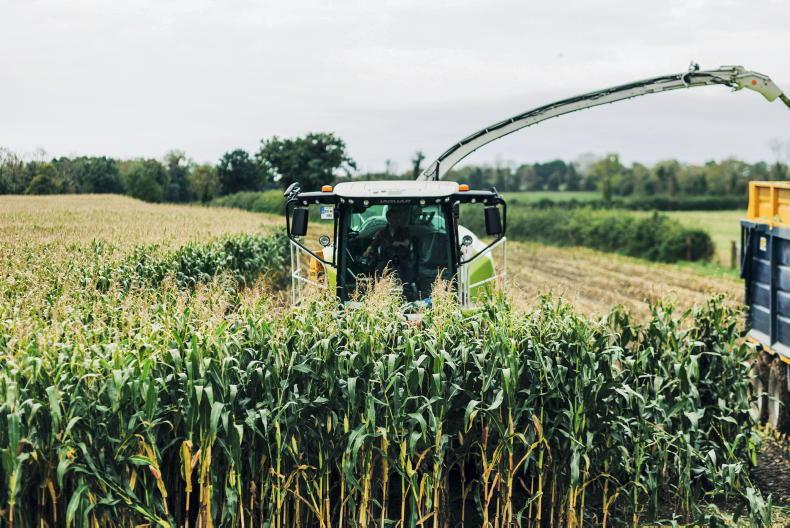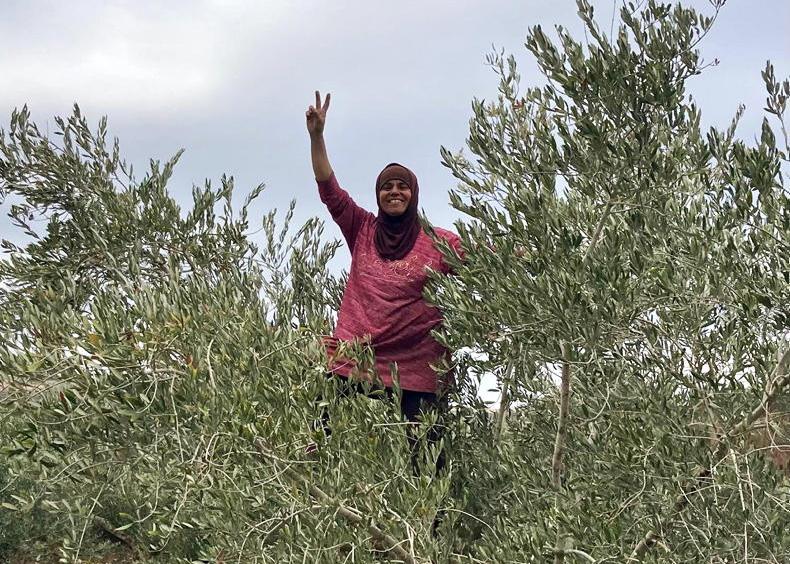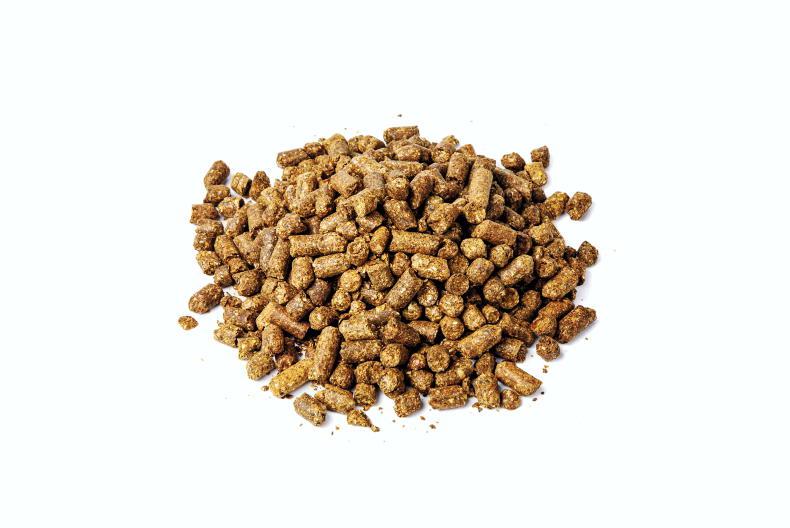This month’s crop monitoring bulletin (MARS Bulletin) from the EU Commission states that the first half of autumn was one of the warmest in the records of the bulletin (since 1991).
Temperatures were particularly warm in the northern half of Europe, which the report states “provided favourable conditions for continued growth, ripening and harvesting of summer crops, as well as for field preparation and sowing of winter crops”.
Many Irish farmers would no doubt disagree with this statement.
Hot weather and little rainfall in southern Europe has contributed to lower yields of some crops. Yields for grain maize and sunflowers are down in countries like Bulgaria, Hungary, Romania and Greece.
Rapeseed emergence has also been impacted in some areas as a result of the drier weather.
Yields
Grain maize yields are down 2% on last month’s report and 5% on the five-year average. Sunflower yields are down 5% since last month’s report and 5% on the five-year average. Potato, sugar beet, soybean and green maize yields are all up on the five-year average and up or the same from last month’s report.
Winter cereals
The report states that: “The sowing campaign for winter cereals is progressing well in most parts of Europe. In many regions, sowing started slightly later than usual, due to the knock-on effects of the late harvesting of winter crops due to excess rainfall, as well as the late harvesting of summer crops due to sowing having been delayed in spring.”
The report commented that this should not be a concern for most regions as there is still time to sow. However, countries like Finland and Estonia would normally have winter cereal planting complete by now.
Rain has also delayed planting in Denmark and Sweden. Planting is reported to be “proceeding as planned, or with slight delay” in France, Germany, the Benelux countries, Poland, Czechia, Austria and Slovakia, as well as in the United Kingdom.
The report stated: “Constraints have been faced in southern Ireland, but here there is still sufficient time to complete the sowing within a suitable window.”
However, recent rainfall has put a stop to planting for many, but some will persist with winter crops if land dries out.









SHARING OPTIONS